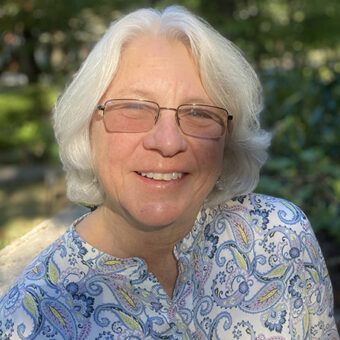
Health and Healing in the Ancient Greek World (Athens, Korinth/Epidaurus, Kos)
The course focuses on the ancient Greek experience of health and healing from the Archaic through the Hellenistic era, as presented in a number of key texts and in the material or archaeological record. A central project will be discovering and understanding the contemporaneous emergence and continued success of both Hippocratic medicine and Asclepian religion/cult, two distinct but related ways of thinking about health and healing. Ten days on the island of Kos, the birthplace of Hippocrates and the site of one of most beautiful sanctuaries of Asclepius, will bring us directly into engagement with the two approaches to health and disease, while days spent in Athens will give us the chance to visit the site of Athenian sanctuary of Asclepius on the south slope of the Acropolis and also view the many artifacts from that sanctuary now in the National Archaeological and New Acropolis museums. We will also visit the Sanctuaries of Asclepius in Epidaurus and Corinth, focusing on the way in which his sanctuaries have common yet also distinctive features in different cities.
Some of the questions that we will engage are:
- How did ancient Greeks describe and understand disease? What causes disease? Does it attack from without or originate within the body — and why is that question important?
- How and to whom did the Greeks grant healing authority? Does this change in the eras we are studying?
- How scientific is Hippocratic medicine? What unity can we see in this multi-authored tradition? What is its lasting value?
- What is the source of Asclepius’ extraordinary success as a healing god?
Course Details
Enrollment
This course requires a minimum enrollment of 10, with a maximum enrollment of 20.
Credit
60 contact hours
Essential Information
Enrolled students will have access to detailed information prior to departure that will include directions to the Academic Center and other practical information about the course. CYA recommends the following websites for general information about Athens and Greece: http://www.athensguide.com/ and http://www.greektravel.com/.
IMPORTANT NOTE: This course involves extensive travel. Be wary of overpacking. Pack only what you can carry comfortably, because you will be required to check- in and out of accommodations for each stay/travel segment of this course. It will also be useful to bring with you travel-size cosmetics.
Housing
While in Athens, students are housed within walking distance of the CYA Academic Center in either CYA student apartments located in the Pangrati neighborhood of central Athens or in hotel accommodations arranged by CYA. CYA apartments are simply furnished and equipped with a full kitchen and air-conditioned bedrooms; towels, linens and housekeeping service will be provided. Hotel accommodations will be in simple 2- or 3-star hotels, double- or triple-occupancy, with air-conditioned rooms.
Facilities
The CYA Academic Center is located next to the Athens Marble Stadium and houses classrooms, the library, the student lounge and cafeteria, computer facilities (including wireless access for those students who choose to bring laptop computers), laundry facilities, and administrative offices. The Academic Center is accessible Monday-Thursday 9:00 a.m.-7:00 p.m., Friday 9:00 a.m.-6:00 p.m.
Meals
When class is in Athens a full mid-day meal will be served weekdays in the CYA cafeteria between the hours of 12:00-3:00 p.m. During study travel, breakfast will be offered at the Hotels. While on Kos, lunch will be offered on weekdays. A welcome and a farewell dinner are also included in the course fee.
Day-to-day Program & Itinerary
The day-to-day program and itinerary of the course are subject to change. Students are advised not to make plans for their free time or weekends in advance, as class schedules and site visits may be re-scheduled depending on local conditions.



